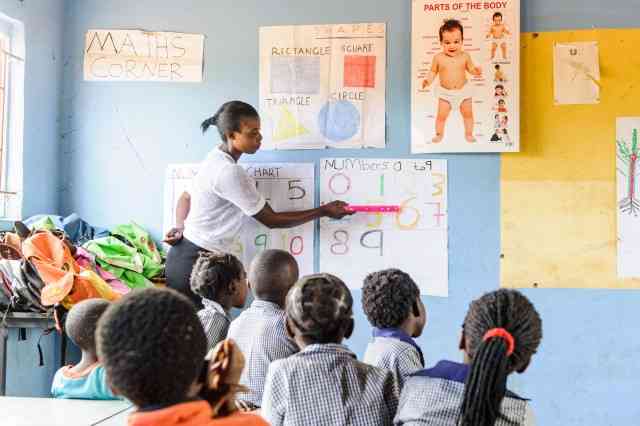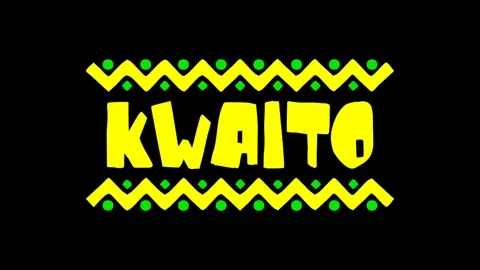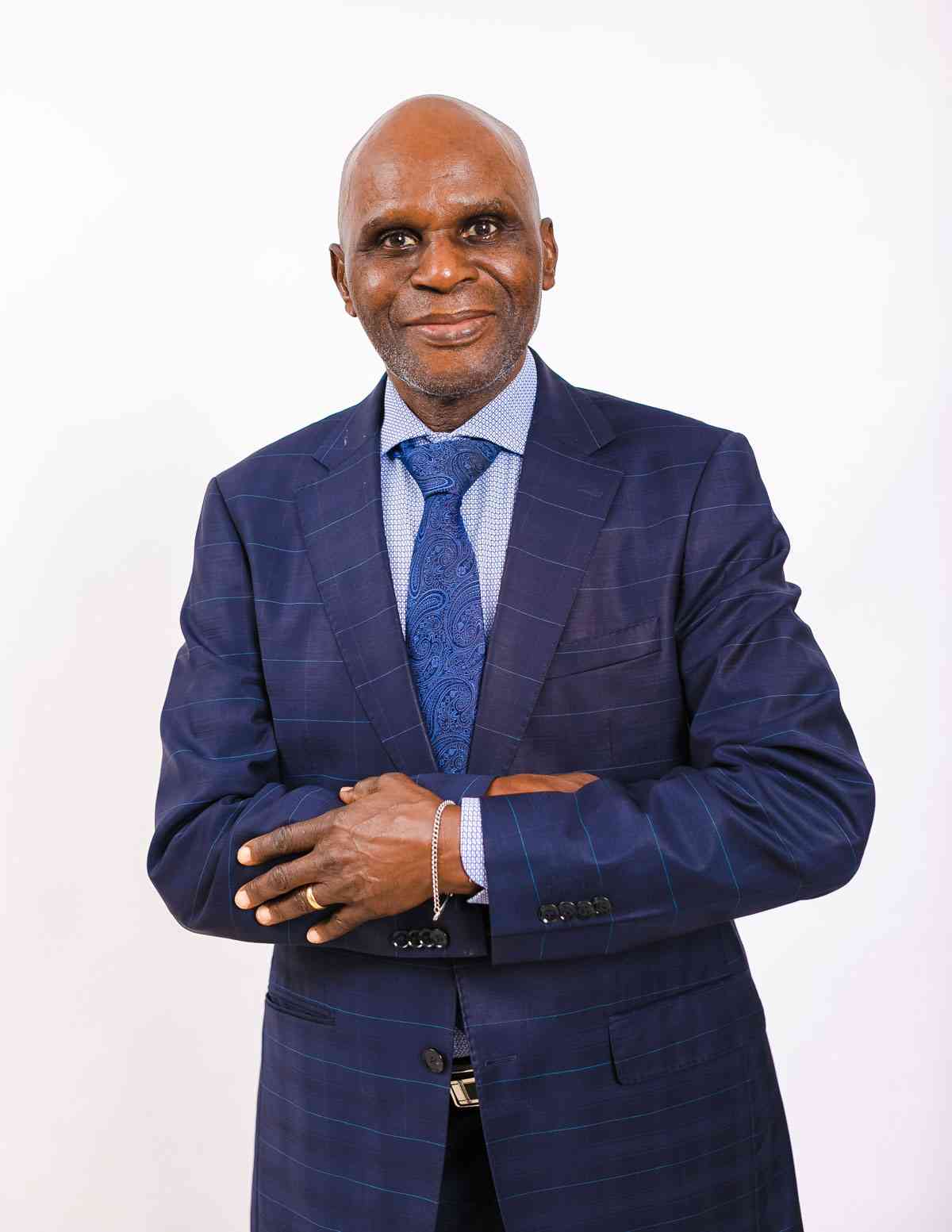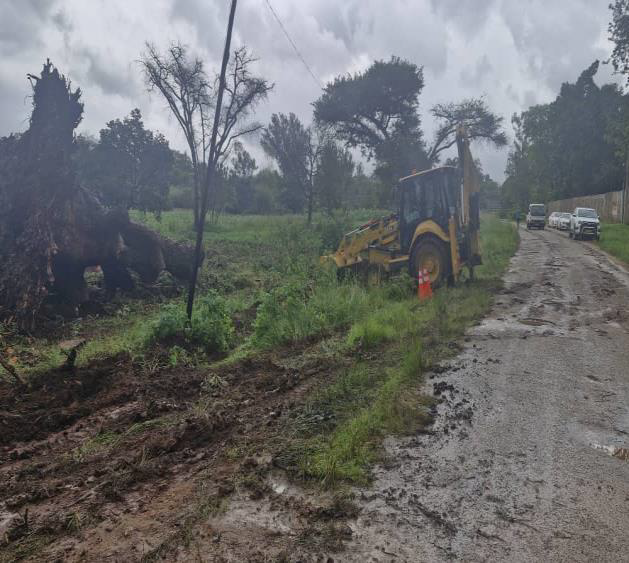
PARLIAMENTARIANS and civil society organisations (CSOs) have bemoaned underfunding of early childhood development (ECD) education saying it is fuelling generational poverty in marginalised communities.
This came out during a Zimbabwe Network of Early Childhood Development Actors (ZINECDA), Parliament, Education Coalition of Zimbabwe and Farming Community Education Trust post-budget analysis meeting.
Parliamentary Portfolio Committee on Education chairperson, Ophias Murambiwa said Zimbabwe’s ECD education was lagging due to underfunding.
"While the education budget continues to receive the biggest portion of the national budget at about ZWL$8 trillion, my committee still notes with concern the gross underfunding of the ECD education in Zimbabwe, which received about ZWL$1,231 billion (15,45%) of the ministry's budget while $1,0 billion (13,76%) of the share covers employment cost, leaving very little for operations," Murambiwa said.
"This is worrying and as a committee, we believe government must show its commitment to action to transform early childhood care education."
“The Tashkent Declaration of 2022 recognises the need to address the inequalities and disparities which continue to persist throughout the life of a child in development and life-long learning.”
The Tashkent Declaration was adopted on November 16 during the Unesco World Conference on Early Childhood Care and Education. It is intended to set the 2030 international agenda for early childhood education.
Pointing out that financing of education needed to be re-looked at, he said: “Limited access to ECD education in primary school, especially in some rural communities is likely to continue breeding a cycle of generational poverty among our people.
- Community trailblazers: Dr Guramatunhu: A hard-driving achiever yearning for better Zim
- Students develop mobile app to support SRHR learning
- Village Rhapsody: Zimbabwe’s democratic space is shrinking fast
- Community trailblazers: Dr Guramatunhu: A hard-driving achiever yearning for better Zim
Keep Reading
“Therefore, the school Financing Policy in Zimbabwe has been outstanding for a long time and it is my fervent hope that the finalisation of the policy will improve ECD funding.”
Murambiwa added that access to ECD education provided necessary building blocks for responsible citizenship and successful parenting of the next generation as he emphasised the need for recruitment of ECD teachers to reduce the huge teacher-pupil ratio in most schools.
Economist Albert Makochekanwa proposed increasing the share of capital expenditure towards infant education facilities.
"Recognising the slow pace of infrastructural development, particularly for ECD, there is a need for an accelerated and comprehensive strategy that focuses on building age-appropriate classrooms and facilities to meet the demand generated by increasing enrolment,” Makochekanwa said.
“Considering the set targets for literacy and numeracy rates, allocating additional financial resources to literacy and numeracy programmes is recommended as this will help bridge the gap between the current rates and the targeted percentages, ensuring that foundational skills are effectively developed among early learners.”
ZINECDA national co-ordinator Naison Bhunu said most ECD institutional facilities were not friendly to learners with special needs.
“The Treasury has not been allocating adequate funds for ECD education. The cake is now very small, 2% is not enough since the majority of it is going to salaries. There is a need to consider domestic funding for ECD,” Bhunu said.
He suggested the adoption of the Tashkent Declaration of November 16, 2022 which highlights commitment to transforming early childhood care and education.











